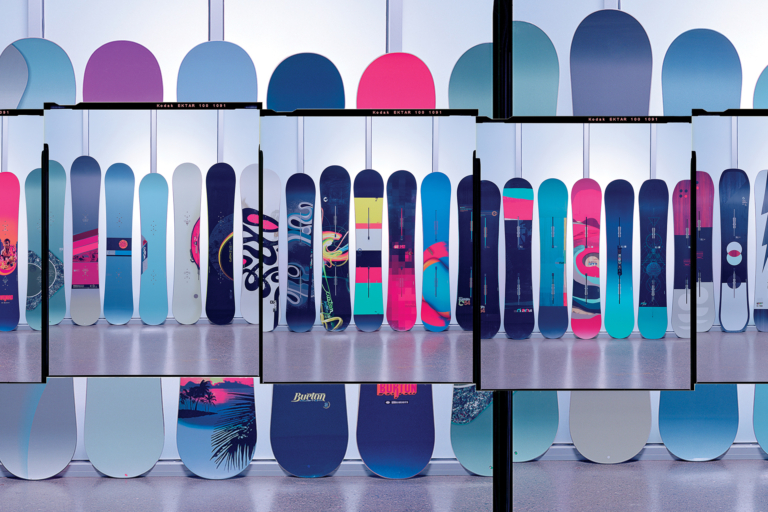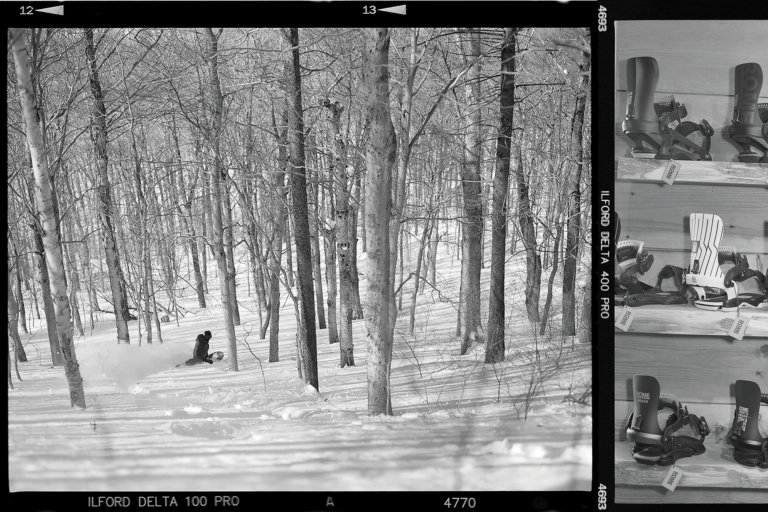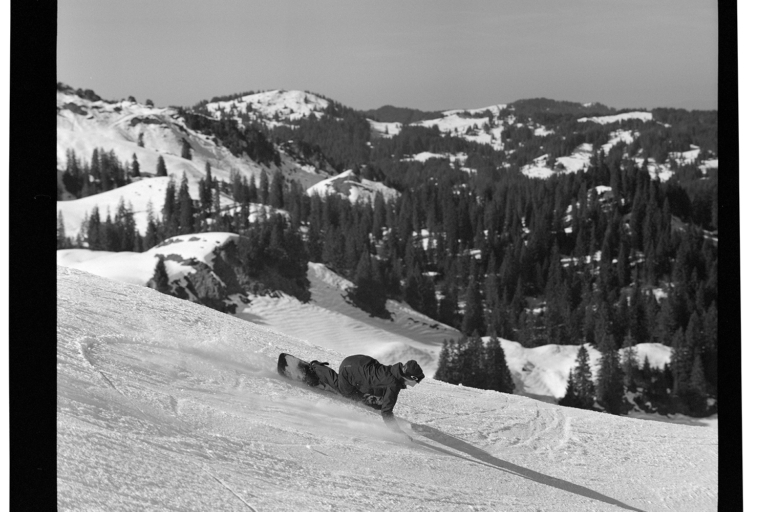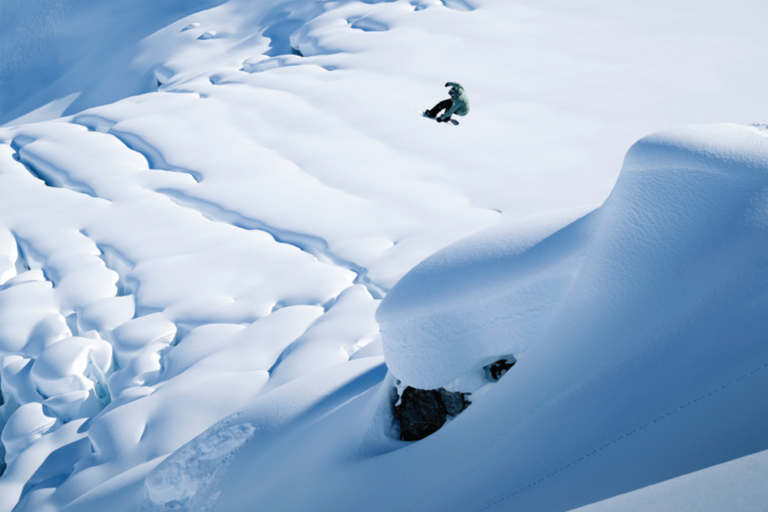“Competitive snowboarders in general seem to get a lot of grief about competing in snowboarding, as opposed to filming backcountry or riding for fun,” Gold says, taking issue with the “jock” aspect of the “pipe jock” slur first and foremost. “People seem to think that we only compete for the money and the glory, which is simply not true. We compete because we enjoy the motivation — and sometimes the pressure — that competition brings. It allows us to not only push ourselves, but continue to push the sport as well. I feel that competitions always cater to a new level of progression by bringing talented athletes together and allowing us to ride some of the best halfpipe and slopestyle courses in the world. Not only is it insanely fun to shred with all of your friends, but the feeling of stomping that new trick, or landing the best run of your life; and yes, even standing on the podium… I can’t seem to find anything in the world that can even compare.”

The issue may also be partly one of rarefied air: kids these days just don’t have a lot of opportunities to get into a decent halfpipe, much less a perfectly groomed 22-foot superpipe.
“It isn’t coming from the pro slopestyle riders — between disciplines we have quite a bit of respect for each other,” Gold says. “Partly it’s an industry thing. Partly it’s accessibility: snowboarding is an expensive sport to begin with, and very few resorts have superpipes because they’re expensive to build and maintain, so having a good halfpipe cutter has become a little bit of a novelty.”
It’s true that slopestyle, street, and even backcountry riding can be more accessible than what Gold loves most about snowboarding, and she says she’s feeling pressure to shift her focus a bit. She was duly inspired by the trifecta Torah Bright pulled off in Sochi, qualifying for and competing in halfpipe, slopestyle, and boardercross.
“It was awesome to see Torah branching out and proving she’s a really good all-around rider,” Gold says. “You could tell she was having so much fun. There’s definitely something to be said for riding everything, and I do. When I was younger I used to compete in every event. But it’s nearly impossible to compete in both halfpipe and slopestyle with the way most events are set up, much less boardercross or big mountain freeriding, and it comes to a point where if you want to be riding at the highest level you have to choose which part of snowboarding you enjoy the most. I don’t think it’s fair to be getting pressure and getting judged for doing what you love and doing what you do best.”
X Games 2015, photo: Jeff BrockmeyerThat pressure has gotten to her. She’s paying close attention to events like Peace Park and the Red Bull Double Pipe as crystal balls into a possible future for big transition riding. And she admits she’s aiming to ride and film some lines in the park, as well as in the backcountry after the Burton U.S. Open this week concludes her competitive season in the pipe, in an attempt to appease both fans and sponsors.
“Just because we only compete in one discipline, that does not mean that we are not capable of riding other types of terrain,” Gold says. “I can name countless halfpipe riders who absolutely shred in slopestyle, and vice-versa. Although it is great to encourage people to branch out and ride different things, this drive should not be coming from outside pressure such and sponsors: It should be coming from our own passion for the sport, and the desire to progress our riding in all different disciplines.”
Read also: Pure Heroine: Chloe Kim wins X Games 2015 women’s superpipe gold







